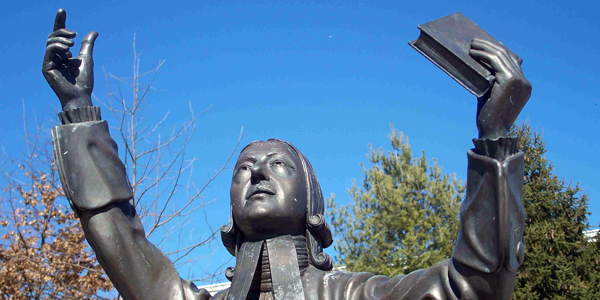The old dictionary Merriam-Webster defines racism as “a belief that race is the primary determinant of human traits and capacities and that racial differences produce an inherent superiority of a particular race.” If you are like me, no matter how many times I read that definition, I still don’t understand what it is. And it certainly does not help me to see it in the community around me. As hard as it is to define with words, I have learned this about racism: Racism always has a better explanation.
This is what I mean, sometimes I have listened to the news and said these things myself:
- It was not police brutality; he was resisting arrest. He should have done what the officer told him to do.
- He may have been jogging, but he was also trespassing on a construction site.
- When a police officer pulls a young black man over, and the first question he asks is, “what are you doing on this side of town?” It’s not racism, its just an officer wanting to ask something other than “Where are you headed to in such a hurry tonight?”
- When a cashier accuses a man she just rang up of not paying for items as he walks out of the store, it is only a simple mistake.
- She didn’t call the police because he was black, he made threatening motions.
- It looked like a gun.
- He was running away.
- When a young dies in the back of a police van because he was not strapped in correctly, it is only a tragic accident.
- She made a threatening motion.
- When I feel the urge to cross to the other side of the street because a black man is coming toward me, I say I am just being careful.
This is of the muddy mess of racism that we must wade into. Sometimes the explanation is the explanation; often it is not. How do we know? I have learned that I can’t know. I have also learned that African Americans have lived under the weight of racism for so long they often intuitively know the difference. What this means for me is that I must put aside what I think I know and my explanations and be willing to listen. I must trust that my African American (or Hispanic, or Native American) friend sees, hears, and knows better than I. I am not the expert in the room.
Blessings,
Stephen
Today’s resource I want to share is the book The Color of Compromise: The Truth about the American Church’s Complicity in Racism by Jemar Tisby. Tisby challenges the church to see how we have often participated in and supported the systems to maintain racist ideas and practices. Tisby does more than shine light into darkness, he also helps us plot a path forward. In addition to the book, there is also a podcast episode on Fuller Theological Seminary’s Conversing with Mark Labberton, Episode 51 – Jemar Tisby on Race and the American Church I would also highly recommend.




